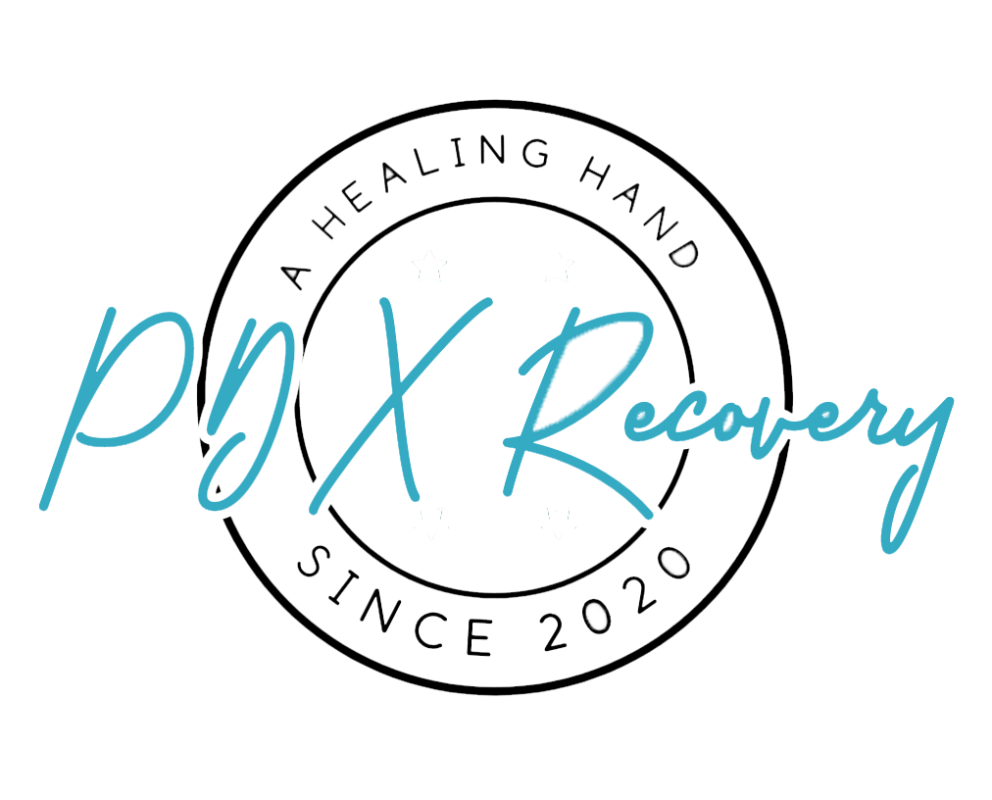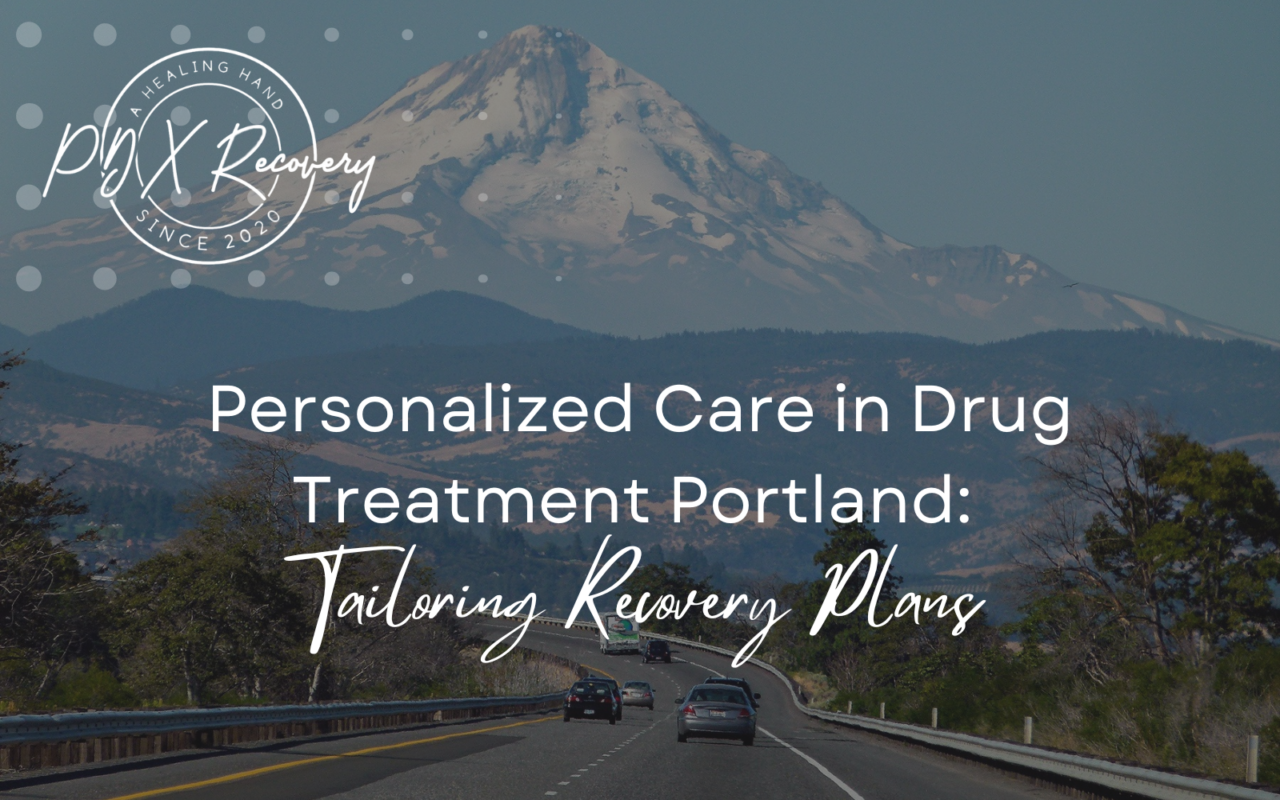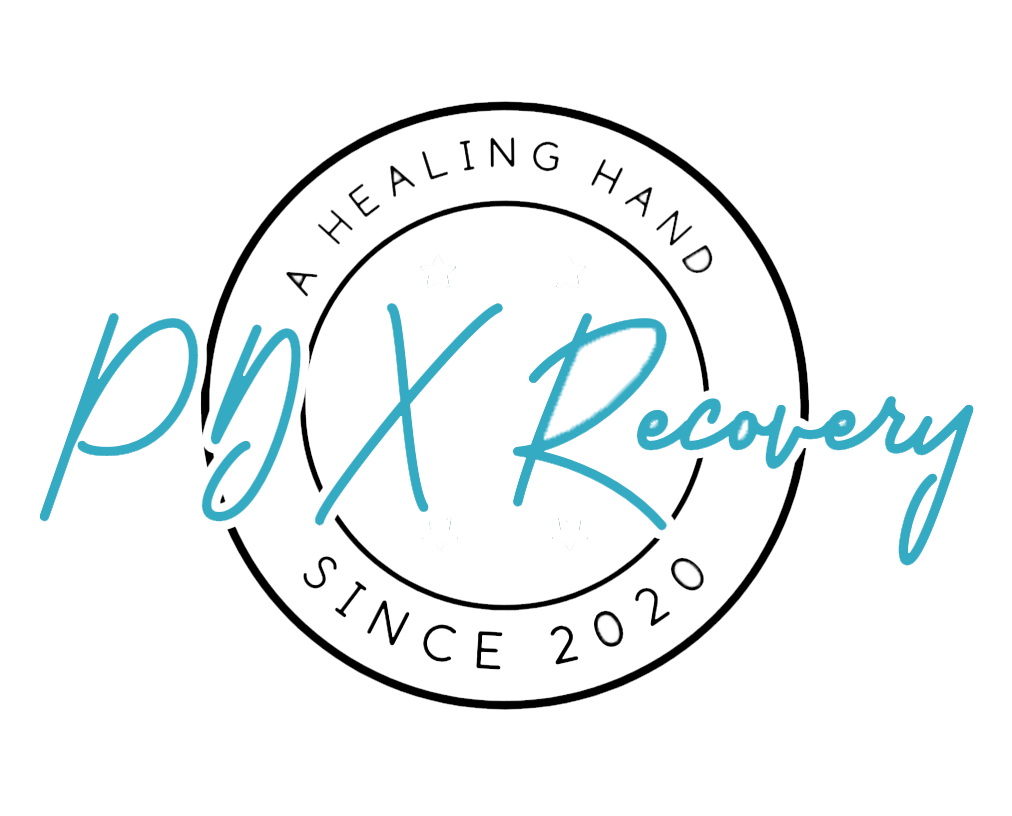Finding the right path to recovery can be challenging, especially when you feel like just another face in the crowd. Imagine a recovery plan that’s tailored just for you, addressing your unique needs and struggles. Personalized care in drug treatment Portland is transforming lives, offering a more compassionate and effective path to sobriety. With a dedicated team of professionals who understand the complexities of addiction and recovery, these programs focus on holistic approaches, encompassing mental, physical, and emotional well-being. This tailored care ensures that each individual receives the support and tools needed to achieve lasting recovery, making the journey to sobriety a truly personal and empowering experience.
What is Personalized Care in Drug Treatment Portland?
Personalized care in drug treatment is a customized approach to addiction recovery that focuses on the unique needs of each individual. Instead of the traditional one-size-fits-all method, personalized care considers the complexities of addiction and recovery. It’s about creating a recovery plan that aligns with your personal circumstances, medical history, and mental health needs. This approach ensures that you receive the most effective treatment possible, tailored to help you overcome your specific challenges.
The Shift from One-Size-Fits-All to Personalized Care
For years, addiction treatment followed a standard protocol, often failing to address the unique needs of individuals. However, a shift towards personalized care is changing this narrative. By recognizing that each person’s experience with addiction is different, healthcare providers can offer more targeted and effective treatment options. This shift is particularly important in places like Portland, where diverse populations require diverse treatment strategies.
The Importance of Personalized Care in Addiction Treatment
Personalized care in addiction treatment is crucial for several reasons. First and foremost, it leads to better outcomes for individuals. When treatment plans are tailored to address specific needs, they are more likely to be effective, as they consider the unique circumstances and challenges each person faces. Additionally, personalized care helps uncover and address underlying issues that may contribute to addiction, such as mental health disorders, trauma, and family dynamics. By tackling these root causes, personalized care can significantly reduce the risk of relapse and support long-term recovery. Furthermore, personalized care often involves a multidisciplinary approach, integrating medical, psychological, and social support to create a comprehensive treatment plan. This holistic approach ensures that all aspects of an individual’s well-being are addressed, fostering a more sustainable path to recovery.
Understanding Individual Needs
Each person’s journey through addiction and recovery is influenced by various factors—biological, psychological, and social. Understanding these factors is essential for creating an effective recovery plan. For instance, genetics may play a role in addiction susceptibility, while psychological factors like stress or trauma can trigger substance use. Social influences, including peer pressure and family dynamics, also impact addiction and recovery. By assessing these factors, healthcare providers can develop a comprehensive treatment plan that addresses all aspects of an individual’s life.
Factors Influencing Addiction and Recovery
Biological factors include genetics, brain chemistry, and physical health conditions. For example, certain genetic predispositions can make individuals more susceptible to addiction, while imbalances in neurotransmitters can affect cravings and mood stability. Physical health issues, such as chronic pain, can also play a significant role in substance use as individuals may turn to drugs or alcohol for relief.
Psychological factors encompass mental health disorders, trauma, and cognitive patterns. Conditions like depression, anxiety, and PTSD can increase the risk of addiction as individuals may use substances to self-medicate. The impact of trauma, particularly from early life experiences, can lead to maladaptive coping mechanisms. Additionally, cognitive patterns such as negative thought processes and behavioral tendencies can perpetuate substance use.
Social factors involve relationships, community support, and environmental influences. A lack of strong, supportive relationships can lead to feelings of isolation, a common trigger for substance use. Conversely, a robust support network can significantly aid in recovery. Community support systems, such as therapy groups and rehabilitation programs, also play a crucial role. Environmental influences, including socioeconomic status and exposure to drug use, can either hinder or facilitate the recovery process.
Understanding these elements helps in crafting a recovery plan that is holistic and effective, addressing not just the addiction itself but the underlying causes and contributing factors. This comprehensive approach increases the likelihood of long-term recovery and overall well-being.
The Importance of Assessing Individual Needs
Before creating a recovery plan, it’s crucial to assess individual needs thoroughly. This assessment involves understanding the history of substance use, medical history, mental health status, and personal preferences. By doing so, healthcare providers can ensure that the treatment plan is well-suited to the person’s unique situation. This initial step sets the foundation for a successful recovery journey.
A Collaborative Approach
Personalized care in drug treatment Portland is a collaborative effort between the patient and healthcare professionals. It requires open communication, mutual respect, and shared decision-making. Patients are encouraged to voice their preferences and concerns, ensuring that their treatment plan reflects their values and goals. This collaborative approach fosters a sense of empowerment and ownership over the recovery process.
Importance of Tailoring Recovery Plans
Individualized treatment plans lead to better outcomes because they are designed to meet the specific needs of each person. By addressing underlying issues and root causes, personalized care can effectively prevent relapse and support long-term recovery. For instance, mental health disorders often co-occur with addiction, and addressing both simultaneously is crucial for successful treatment. Similarly, past trauma and family dynamics play significant roles in addiction and recovery.
Addressing Mental Health Disorders
Many individuals struggling with addiction also battle mental health disorders such as depression, anxiety, or PTSD. Personalized care includes integrated treatment for these co-occurring disorders, ensuring that both addiction and mental health issues are addressed. This comprehensive approach is vital for achieving lasting recovery.
The Role of Trauma and Past Experiences
Trauma is a common underlying factor in addiction. Personalized care involves trauma-informed treatment, which acknowledges the impact of past experiences on current behavior. By providing a safe and supportive environment, healthcare providers can help individuals heal from trauma and build resilience.
Family Dynamics and Relationships
Family dynamics significantly influence addiction and recovery. Personalized care often includes family therapy and support, helping to repair relationships and create a supportive home environment. By involving loved ones in the recovery process, individuals are more likely to succeed in their journey to sobriety.
More Effective in Preventing Relapse
Personalized care is more effective in preventing relapse because it addresses the specific triggers and challenges that each individual faces. By providing tailored counseling and therapy sessions, healthcare providers can equip individuals with the tools and strategies they need to maintain their sobriety. This targeted approach reduces the likelihood of relapse and supports long-term recovery.
Counseling and Therapy Sessions
Counseling and therapy are integral components of personalized care. These sessions are tailored to address the unique needs of each individual, focusing on their specific challenges and goals. Whether it’s cognitive behavioral therapy (CBT), trauma-focused therapy, or family counseling, personalized care ensures that individuals receive the support they need to overcome addiction.
Types of Personalized Care in Drug Treatment Portland
There are various types of personalized care in drug treatment Portland, each designed to address different aspects of addiction and recovery. Some of the most common approaches include medication-assisted treatment (MAT), cognitive behavioral therapy (CBT), and holistic treatments. These methods are often used in combination to provide comprehensive care.
Medication-Assisted Treatment (MAT)
MAT (Medication-Assisted Treatment) involves the use of medications to help manage withdrawal symptoms and cravings. This approach is particularly effective for individuals with opioid or alcohol dependence, as it combines both medical and behavioral therapies. By tailoring medication to each person’s unique needs, MAT can significantly improve treatment outcomes and enhance the quality of life for those in recovery. The medications used in MAT, such as methadone, buprenorphine, and naltrexone, work by normalizing brain chemistry, blocking the euphoric effects of alcohol and opioids, relieving physiological cravings, and normalizing body functions without the negative effects of the abused drug. It’s important to work closely with healthcare providers to determine the most appropriate medication and dosage for each individual, ensuring a personalized and effective treatment plan. Additionally, ongoing support and counseling are crucial components of MAT, helping individuals to build coping strategies and establish a healthier lifestyle.
Cognitive Behavioral Therapy (CBT)
CBT, or Cognitive Behavioral Therapy, is a widely used therapeutic approach that focuses on changing negative thought patterns and behaviors. It operates on the principle that our thoughts, feelings, and behaviors are interconnected, and that altering negative thoughts can lead to changes in feelings and behaviors. In personalized care, CBT is tailored to address the specific thoughts and behaviors related to each individual’s addiction, whether it be substance abuse, gambling, or other compulsive behaviors. This customized approach helps individuals identify triggers, challenge harmful thoughts, and develop healthier coping strategies. Furthermore, it equips them with essential skills to build resilience against relapse, fostering long-term recovery and well-being.
Holistic Approaches
Holistic approaches to addiction treatment focus on healing the mind, body, and spirit. These methods often include alternative therapies such as acupuncture, yoga, and meditation. Acupuncture can help reduce withdrawal symptoms and cravings, while yoga and meditation promote mental clarity and emotional stability. By incorporating holistic treatments into personalized care plans, healthcare providers can offer a more well-rounded and supportive approach to recovery. This integrated strategy not only addresses the physical aspects of addiction but also fosters emotional and spiritual well-being, making the recovery process more sustainable and fulfilling.

Support Groups and Community Involvement
Support groups play a crucial role in personalized care by providing a sense of community and belonging. These groups offer a safe space for individuals to share their experiences, receive support, and build connections with others in recovery. In Portland, there are numerous support groups available for individuals seeking personalized care.
Challenges in Personalized Care
Despite its many benefits, personalized care in drug treatment Portland faces several challenges. Limited access to specialized treatment programs, insurance coverage and affordability, and a lack of trained healthcare professionals are some of the main obstacles. Additionally, addressing cultural and diversity considerations is essential for providing inclusive and effective personalized care.
Limited Access to Specialized Treatment Programs
One of the major challenges in personalized care is limited access to specialized treatment programs. Many individuals struggle to find programs that offer the tailored support they need. Efforts to expand access to personalized care are crucial for ensuring that all individuals have the opportunity to receive effective treatment.
Insurance Coverage and Affordability
Insurance coverage and affordability are significant barriers to accessing personalized care. Many specialized treatment programs are not covered by insurance, making them financially inaccessible for some individuals. Advocating for better insurance coverage and funding for personalized care programs is essential for increasing accessibility.
Lack of Trained Healthcare Professionals
The shortage of trained healthcare professionals in personalized care is another challenge. Providing effective personalized care requires specialized training and expertise. Investing in the education and training of healthcare professionals is crucial for improving the availability and quality of personalized care in drug treatment Portland.
Addressing Cultural and Diversity Considerations
Providing personalized care that is inclusive and culturally sensitive is essential for effective treatment. This involves understanding and respecting the diverse backgrounds and experiences of individuals seeking treatment. By addressing cultural and diversity considerations, healthcare providers can ensure that personalized care is accessible and effective for everyone.
Find Personalized Care
Personalized care in drug treatment Portland is transforming the landscape of addiction recovery in Portland. By tailoring recovery plans to individual needs, this approach leads to better outcomes and addresses the underlying issues that contribute to addiction. Continued efforts towards expanding access to personalized care are essential for supporting individuals on their recovery journeys.
If you or a loved one is seeking drug treatment in Portland, consider exploring personalized care options. By choosing a treatment plan that is tailored to your unique needs, you can take a significant step towards achieving lasting recovery. The path to sobriety is challenging, but with personalized care, you do not have to walk it alone. For more information visit our website at https://pdx-recovery.com/ or call us at (971) 256-9087.






